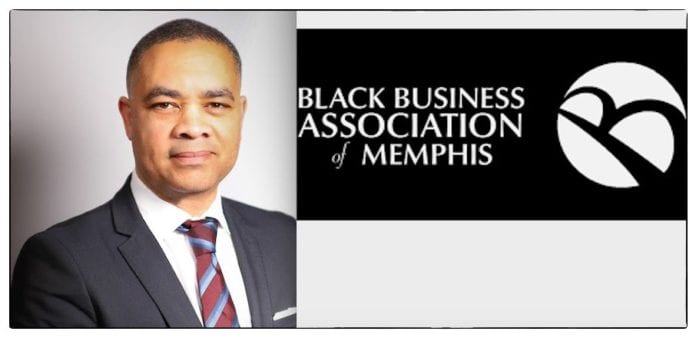by Jerome Wright —
Mark Yates, who heads the Black Business Association of Memphis, said the effect of the coronavirus on African-American businesses is “devastating. …We need to be working with alacrity to deal with this. This is a depression and action is needed now.”
Yates echoed the concerns of small business advocates nationally: Financial assistance is available, but mixed interpretations on what is needed to get the aid is making it difficult.
Back-of-the-envelope analysis, Yates said, projects COVID-19’s impact on Memphis’ African-American businesses to be “between $205 million and upwards of $1.25 billion.”
Post March 11, “we’re living in a new day,” said Yates. Going forward, “We need to see how we can flourish” by taking advantage, for example, of potential opportunities in IT, remote working, and training and teaching, he said.
Regarding small businesses, Joann Massey, director of the city’s Office of Business Diversity & Compliance, said, “These under-represented communities of business owners (minority- and women-owned business enterprises) receive less investment, fewer bank loans especially with first-come, first-serve programs.
“We must act now to help our small businesses survive. We need to also be intentional about doing that in an inclusive way.”
Mayor Strickland has announced efforts to help, including to loan programs for local businesses suffering under the pandemic. Those who qualify will include businesses denied Small Business Administration stimulus funding loans.
The Economic Hardship Emergency Loan Fund will offer loans of $2,000 to $5,000 per business with interest deferred for six months to businesses located in Memphis and that have been open at least three years, and that have less than $1 million in revenue annually. The loan will provide emergency working capital for expenses such as rent, mortgage payments, vendor payments and payroll, as well as insurance and utilities.
All businesses applying must be registered with the city’s Office of Business Diversity & Compliance.
A Small Business Resiliency Fund has been established. It will provide loans of up to $35,000 (federal Community Development Block Grant money) per business, with no payments for three months after the disbursement. Businesses that qualify must be located in Memphis, open for at least three years and have annual revenues of less than $1 million.
Applicants must have been denied funding by the Small Business Administration or an SBA lender, and also must be registered with the city’s Office of Business Diversity & Compliance.
For more information about these loan programs call 901-636-9300 or 901-636-6210; email Jerry.brack@memphistn.gov
The Economic Development Growth Engine (EDGE) is offering help ($5,000-$10,000) through its Neighborhood Emergency Economic Development grant program for businesses that remain open with a 25 percent or more drop in revenue and have a plan for 90 days of continuous operations.
Businesses closed as a nonessential business, with a plan for reopening within 90 days and a plan to stay open at least 90 days, could qualify for $5,000 under the terms of the EDGE grant program. All businesses applying for the EDGE grants must be in New Market Tax Credit qualified census tracts.
(For more information, call 901-341-2100 or email need@growth-engine.org.)
(Jerome Wright is deputy editor for The New Tri-State Defender. Email: jwright@tsdmemphis.com)




